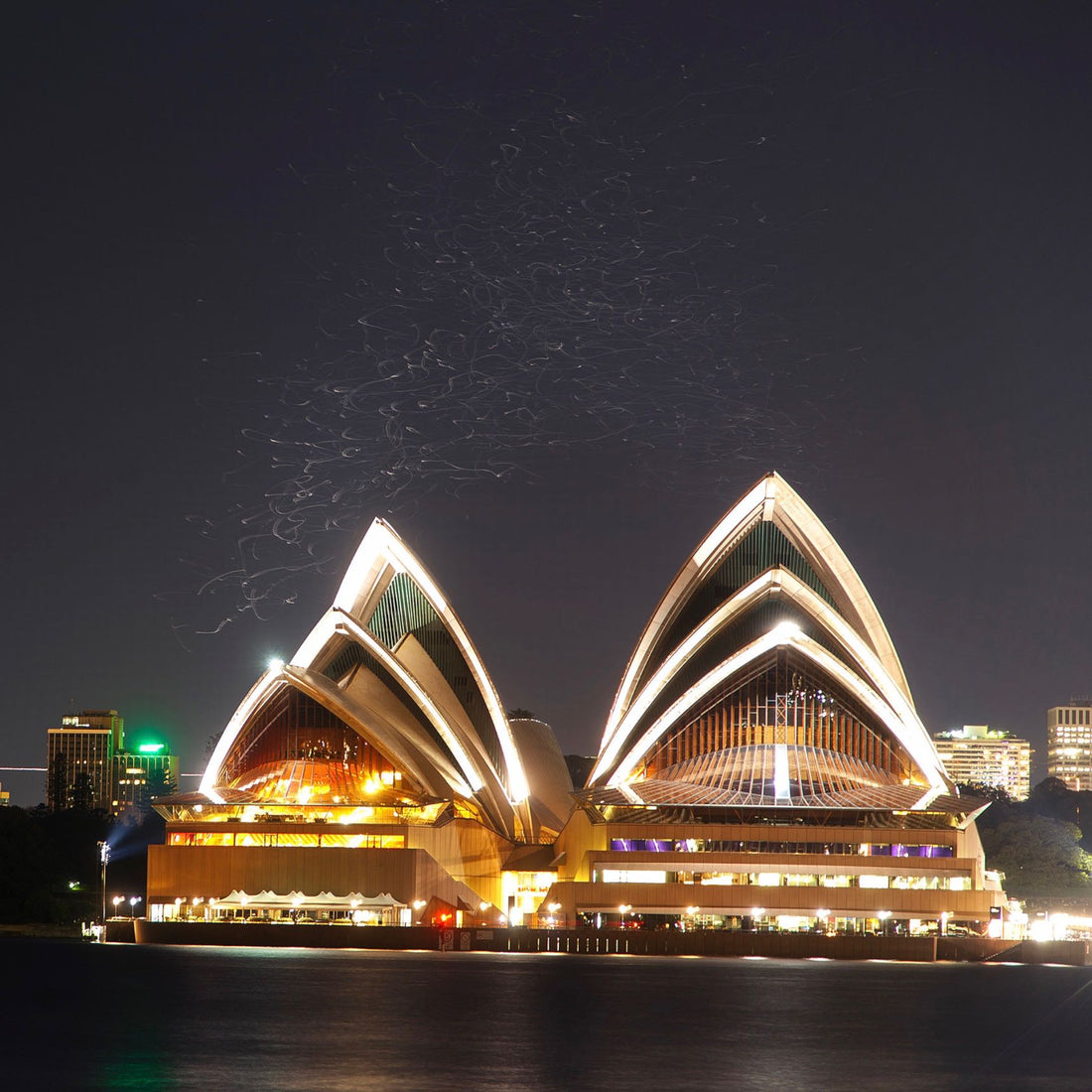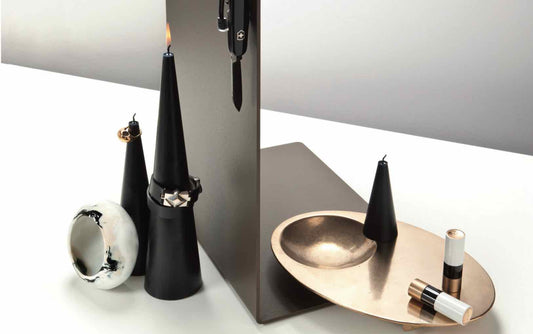
Take back the night
Share
Thanks to a formidable technological innovation, known as the light bulb, human beings have conquered the night. However as artificial light has become more ubiquitous, we find that there's a dark side to all this lighting: it has stolen the night.
Obscured from view by the city’s lights, we’ve lost our connection to nighttime skies. “The disappearance of the night sky is tied up in our ever more fast-paced world,” says Amanda Gormley of the Tucson-based International Dark-Sky Association. “We lose something essential; we lose a part of ourselves when we lose access to the night sky. We lose that sense of stillness and awe that should be right over our heads every night.”
While LEDs are cheaper and more energy-efficient than previous alternatives, they come with hidden costs. People tend to overuse them and over-illuminate areas, and they emit wavelengths of blue light that are known to affect animals - including humans - more dramatically than lights emitting in other parts of the spectrum. The solution: switch to dimmer, warmer light.

[photo by Ajay & Neelam Talwar, The World At Night]
A long-exposure image of the Sydney Opera House reveals the ghostly trails of birds flying above the structure’s massive flood lights. Local and migrating species are attracted to artificial night lights that often lead them astray, resulting in hundreds of millions of avian deaths each year.
For millennia, the rhythmic shifting between day and night ruled our physiology, too, triggering biological cues that help us sleep at night, wake up in the morning, and stay healthy (read more on how light exposure affects our sleep).
“Nighttime physiology depends on dark. It does not depend on sleep,” says Richard Stevens, an epidemiologist at the University of Connecticut who has studied the links between light pollution and human health for decades. “What we need is a longer period of physiological nighttime.”
Depending on the light (or lack thereof) that strikes our retinas, melatonin normally begins rising at sundown and peaks around midnight, unleashing a cascade of reactions that regulates sleep-wake cycles, lowers body temperature, slows metabolism, and increases leptin, a hormone that reduces appetite.
“It was very important for humans beings not to get hungry in the middle of the night, because if you’re foraging for food, you’re gonna become food.”
Whether it’s a computer screen, bright bathroom light, or intense street lights shining in our windows, indoor and outdoor electric lights interfere with those circadian rhythms by stunting the normal ebb and flow of melatonin. Obesity is one consequence of light messing with our nighttime physiology, as it is likely linked to persistently low levels of leptin. Based on a number of studies, low melatonin levels and circadian disruption are also thought to play a role in heart disease, diabetes, depression, and cancer - particularly breast cancer, for which Stevens says the data are particularly compelling.
The psychological impact of losing the night sky also should not be underestimated. Dacher Keltner, a psychologist at the University of California, Berkeley, says that the star-splashed canvas rotating overhead on clear nights elicits a sense of wonder and awe that may translate into positive human behaviours. In laboratory studies, participants who’d recently experienced that sensation scored higher on assessments of scientific reasoning and were kinder, more altruistic, and less materialistic.
So how can we take back the night? Choose lights that cast an amber glow while limiting more harmful blue wavelengths. Use warmer (lower temperature), dimmable LEDs and combine with candle light to create a calmer evening. One that allows you to reconnect with the majestic night sky.
This article first appeared in National Geographic as 'Our nights are getting brighter, and Earth is paying the price'. Read the original article here.




